This section is for paid subscribers only. Our subscription is only $3700/- for one full year.
You get unlimited access to all paid section and features on the website with this subscription.
Subscribe to read full article
This section is for paid subscribers only. Our subscription is only $37/- for one full year.
You get unlimited access to all paid section and features on the website with this subscription.
Not ready for a full subscription?
You can access this article for $2, and have it saved to your account for one year.
- GenreDrama
- FormatB-W
- LanguageHindi
- Length3351.8 meters
- Gauge35 mm
- Censor Certificate NumberB-27949
A social wrong which has no legal protection or remedy is the problem behind the scenes. If a marriage of a child can be restrained by law, why not the marriage of a young maiden to an old man? Is this society so dull headed in realizing the agony underlying this grave injustice or is the law so lame to come in line with public opinion?
Ashok, a young collegian, when sees his own father married to a girl younger than himself (Ashok) is inspired with a fire to fight against this social evil. He is supported enthusiastically in his mission by his college companion Miss Usha. They share between themselves feeling of love as well as a sense of deep shame for the cruelties inflicted by men upon women.
Usha’s father, Lala Dina Nathaji is an affectionate parent. He has encouraged his daughter for higher studies. But the unfortunate fellow is heavily indebted. Seth Hirachand has advanced him so much and so often that his head hangs down before him in humility. Though the money lender is well advanced in age, his lust is not quenched and is on the lookout for a new wife. Who else should be the victim to his passions but the only daughter of the unfortunate Dina Nathji? So he begins to spread the net cleverly for his choicest prey.
Ramesh is another college youth who is attracted towards Usha, not knowing s=that she is the same beauty whom his own father has determined to seize. Usha knows that Ramesh is paying youthful attentions to her but is not in the least inclined towards him. Losing many a battle for love with Usha, Ramesh has a second worry also. He is fiercely loved by Hansa, the daughter of the Munim. These two have been brought up together from childhood, and many of their jokes and mischiefs were understood as acts of love which should one day be blessed by a solemn marriage. Little did this poor girl and her father know that the rich have a desire to perpetuate the difference with the poor, and the prospects of marriage with Ramesh were remote.
Dina Nathji is given to understand by the cunning Hirachand that he is prepared to make an alliance by accepting Usha in his house- misleading him as to who will be the bridegroom-son or father. Dina Nathji, in good faith, accepts the proposal and begins preparations for the marriage.
In this tug of war, Usha and Ashok are forgotten. They are planning to stage one drama “KANOON” to propagate their views on a problem of social welfare. They do not know of scenes behind their back. Ramesh is packed off with the Munim on some business pretext, so that he may not have a chance to foil the father’s plan at the critical juncture. Harichand unfolds his intentions before Dina Nath, expecting quiet submission but he finds a surprise. Dina Nath, refuses to accept him as a son-in-law, Hirachand threatens serious action through courts, utilizing his dues as a lover to obtain. To save her father, Usher accepts the old man as her husband.
We now come to love-torn hearts of Ashok, Hansa and Ramesh. Usha has silently but voluntarily walked into oblivion. The bonds of religious feelings are sufficient to anchor her boat in the storm. She resigns herself into living with Hirachand but boldly refuses to fall a prey to his demands.
The drama of “KANOON” is at last staged with Ashok, Ramesh and Usha in the main roles. Hirachand is seated in the Balcony. Every dialogue, every scene makes him restless. The drama proceeds. Usha comes on the stage with a revolver, showing to commit suicide when Hirachand at once rushes from his seat drops dead in the House.
The importance of the Drama is then made clear by Ashok in a speech with lays open his heart- his mission of life.
[From the official press booklet]
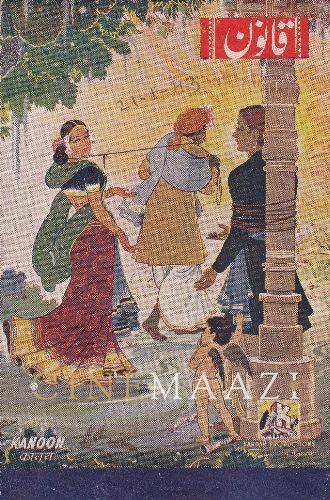
Cast
Crew
-
BannerKardar Prod, Bombay
-
Director
-
Producer
-
Music Director
-
Lyricist
-
Story Writer
-
Cinematography
-
Editing
-
Sound Recording/ Audiography
-
Make-up
-
Music CompanyColumbia Records




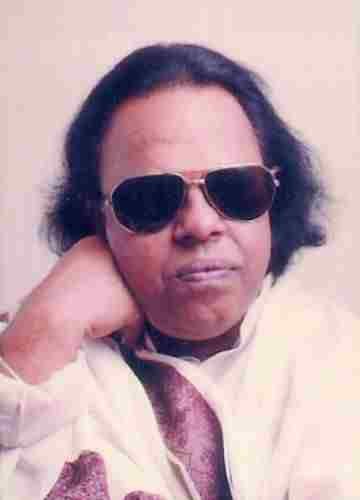
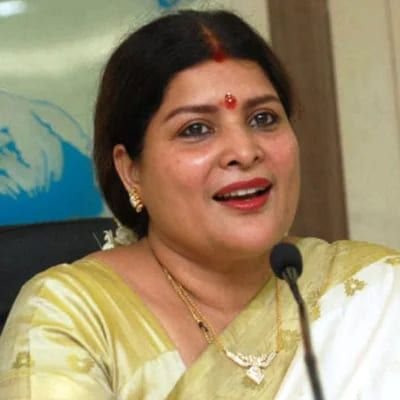

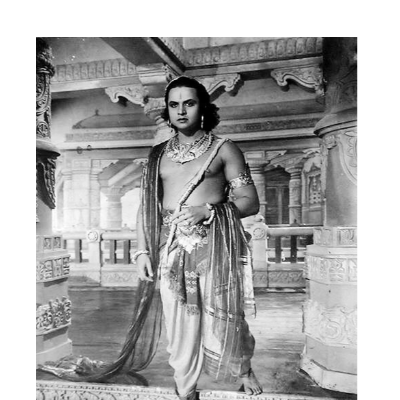
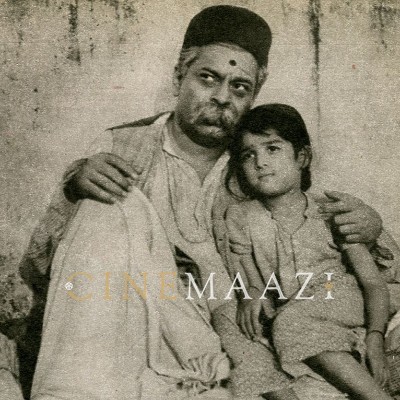
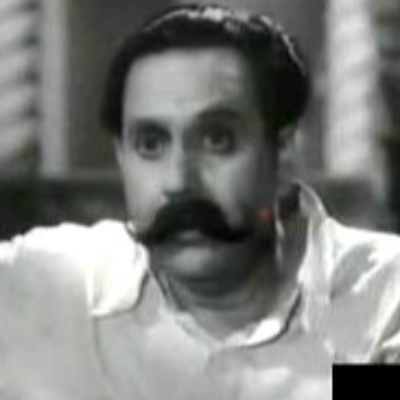
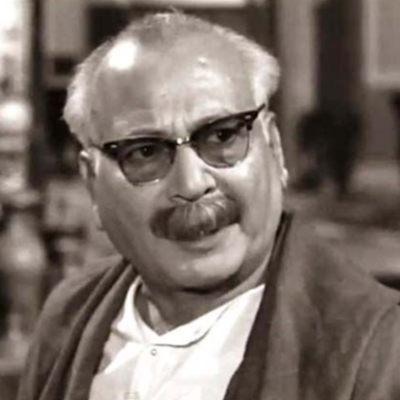

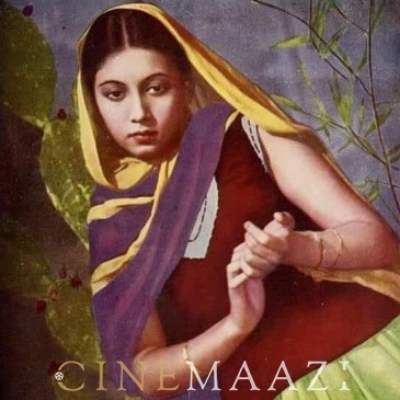
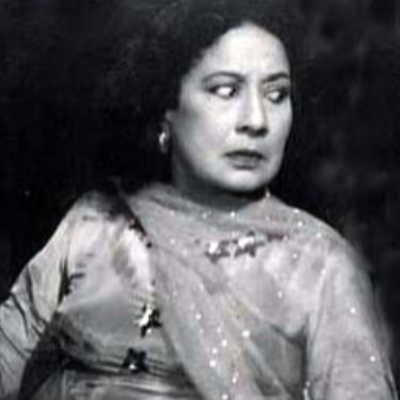
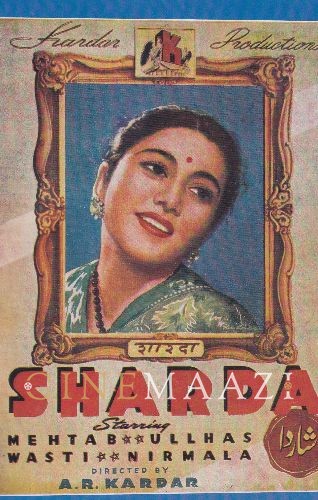

.jpg)



